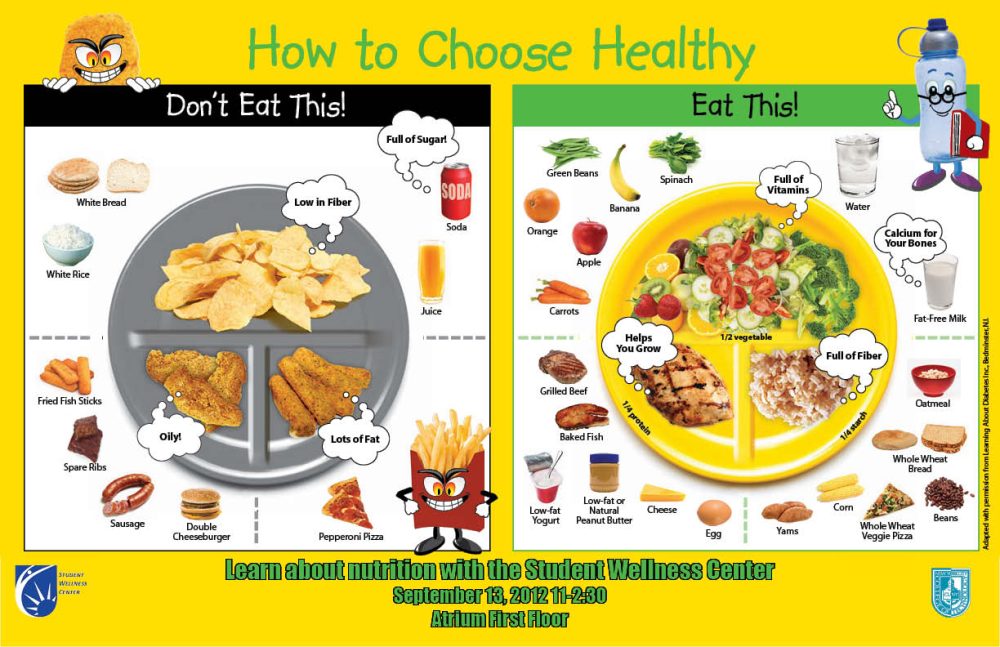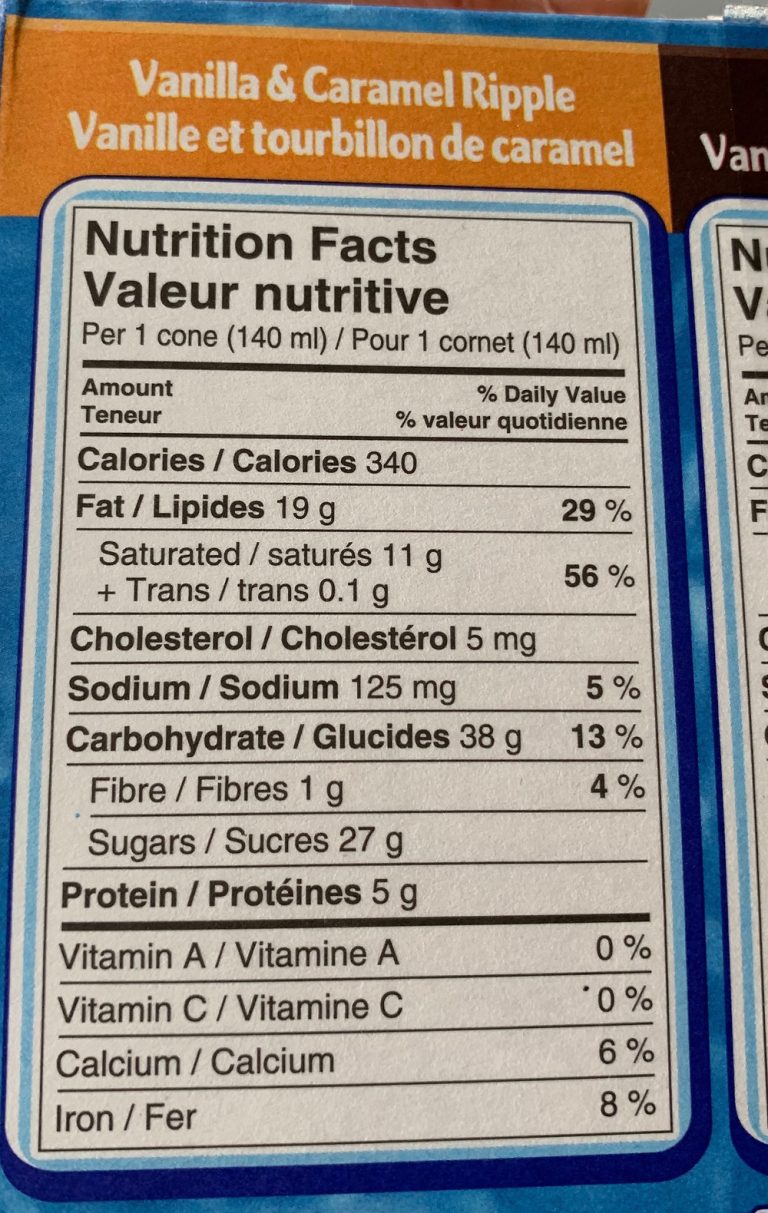Project 1 Nutrition
Have you ever wondered why nutrition is such a vital aspect of our lives? Well, the answer is simple: nutrition provides our bodies with the essential nutrients and energy needed to function properly. Project 1 Nutrition seeks to explore the significance of nutrition and its impact on our overall health and well-being. In this article, we will dive deeper into the world of nutrition, exploring various aspects such as macronutrients, micronutrients, and the benefits of a balanced diet.
Macronutrients: The Building Blocks of Nutrition
Macronutrients are the main components of our diet that provide us with energy in the form of calories. There are three primary macronutrients: carbohydrates, proteins, and fats. Each macronutrient plays a crucial role in our bodies, and finding the right balance is key to maintaining a healthy lifestyle.


1. Carbohydrates
Carbohydrates are the primary energy source for our bodies. They are broken down into glucose, which is then utilized by our cells to produce energy. Not all carbohydrates are the same, however. There are two types of carbohydrates—simple and complex.
Simple carbohydrates, found in foods such as fruits, refined sugar, and processed snacks, are quickly digested and provide a rapid burst of energy. However, they can also lead to energy crashes and negatively impact our health if consumed in excess. On the other hand, complex carbohydrates, found in whole grains, legumes, and vegetables, are digested more slowly, providing a sustained release of energy and essential nutrients.
2. Proteins
Proteins are the building blocks of our body, responsible for the growth, repair, and maintenance of tissues. They are made up of amino acids, which are essential for various bodily functions, such as enzymatic reactions and immune system support. Good sources of protein include lean meats, fish, dairy products, legumes, and nuts.
3. Fats
Contrary to popular belief, not all fats are bad for you. In fact, our bodies require certain types of fats for optimal functioning. Healthy fats, such as monounsaturated and polyunsaturated fats, are essential for hormone production, brain health, and the absorption of fat-soluble vitamins. Sources of healthy fats include avocados, nuts, seeds, and olive oil. However, it’s important to limit the intake of saturated fats and avoid trans fats, as they can increase the risk of heart disease.
Micronutrients: The Essential Nutrients
While macronutrients provide us with energy, micronutrients are the essential vitamins and minerals that our bodies need in smaller quantities. Micronutrients are crucial for various bodily functions, including immune function, energy production, and bone health.
1. Vitamins
Vitamins are organic compounds that our bodies cannot produce in sufficient quantities and must be obtained through our diet. They play a vital role in various bodily functions, such as supporting the immune system, aiding in metabolism, and promoting healthy skin. There are two types of vitamins: fat-soluble and water-soluble.
Fat-soluble vitamins, such as vitamins A, D, E, and K, are stored in our fat tissues and can accumulate to toxic levels if consumed in excess. Good sources of fat-soluble vitamins include fatty fish, dairy products, and leafy green vegetables. Water-soluble vitamins, such as vitamin C and B vitamins, are not stored in the body and need to be replenished regularly. They can be found in fruits, vegetables, whole grains, and legumes.
2. Minerals
Minerals are inorganic compounds that play essential roles in various bodily functions, such as bone and teeth formation, nerve function, and fluid balance. Some essential minerals include calcium, iron, magnesium, zinc, and potassium. Good sources of minerals include dairy products, green leafy vegetables, nuts, seeds, and whole grains. It’s important to note that the absorption of minerals can be influenced by other factors, such as the presence of certain compounds or substances in our diet.
The Importance of a Balanced Diet
A balanced diet is essential for providing our bodies with the necessary nutrients for optimal health and well-being. It involves consuming a variety of foods from different food groups in the right proportions. By incorporating a diverse range of fruits, vegetables, whole grains, lean proteins, and healthy fats into our daily meals, we can ensure that our bodies receive a wide spectrum of essential nutrients.
A balanced diet not only supports our physical health but also has a positive impact on our mental well-being. Proper nutrition can improve cognitive function, mood stability, and overall brain health. It also reduces the risk of chronic diseases such as obesity, diabetes, and heart disease.
Frequently Asked Questions
1. What is the recommended daily intake of macronutrients?
The recommended daily intake of macronutrients varies depending on various factors such as age, sex, weight, height, and activity level. As a general guideline, it is recommended that carbohydrates make up 45-65% of your daily calorie intake, proteins should account for 10-35%, and fats should account for 20-35%.
2. Can I get all the necessary nutrients from diet alone?
In an ideal scenario, a well-balanced diet should provide us with all the necessary nutrients. However, in certain cases, such as nutrient deficiencies, pregnancy, or specific health conditions, dietary supplements may be recommended. It is always best to consult with a healthcare professional to determine your specific nutritional needs.
3. Are there any specific diets that are superior for optimal nutrition?
While there are various diets out there, such as vegetarian, vegan, paleo, and ketogenic, no single diet fits all. It’s important to find a dietary pattern that works for you and ensures that you meet your nutritional needs. Consulting with a registered dietitian can provide personalized guidance based on your specific goals and health requirements.
Final Thoughts
Nutrition is a cornerstone of our overall health and well-being. Understanding the significance of macronutrients, micronutrients, and the benefits of a balanced diet allows us to make informed choices about our eating habits. By nourishing our bodies with real, whole foods and providing the necessary nutrients it needs, we can enjoy a vibrant and healthy life. So, let’s embrace the power of nutrition and make it a priority in our lives.







